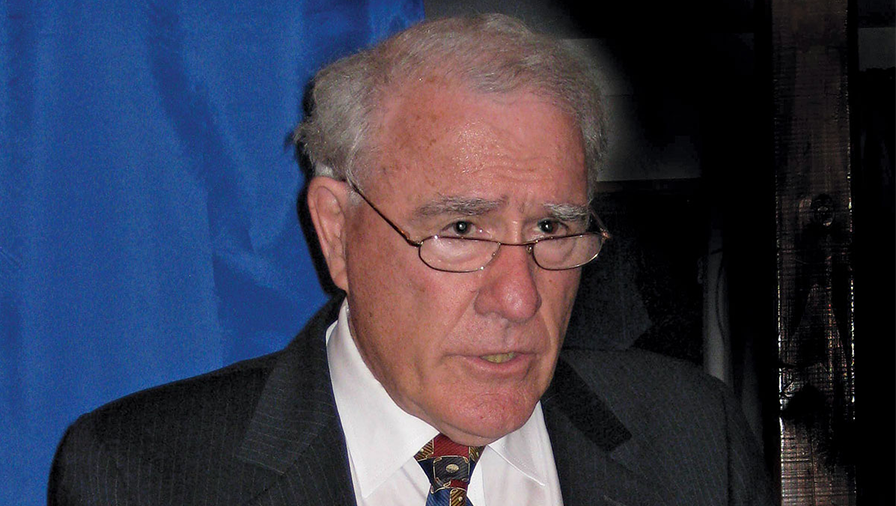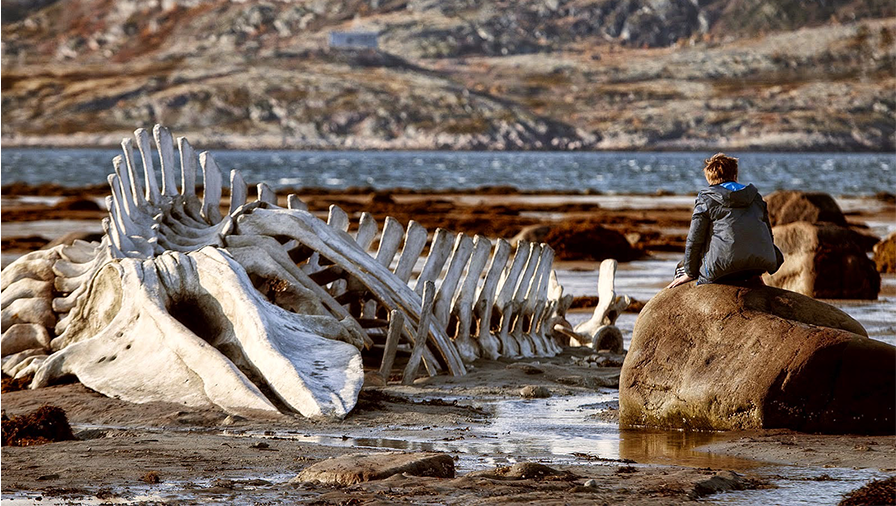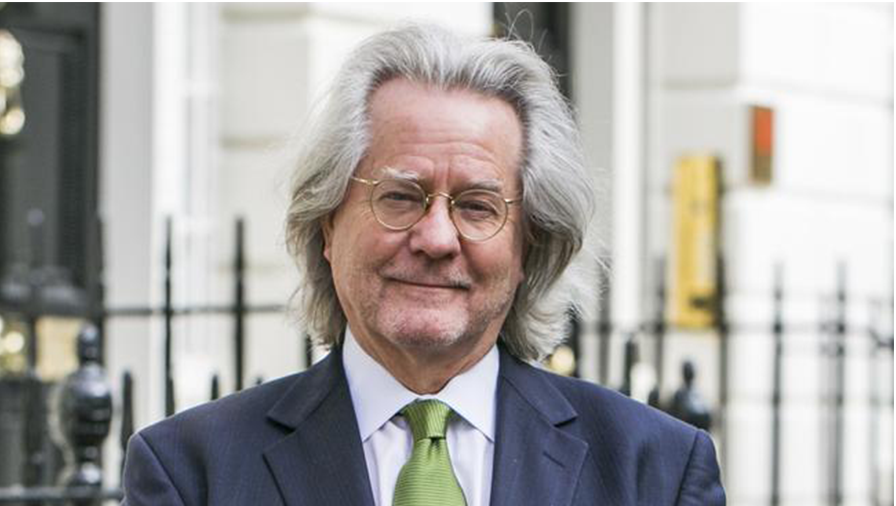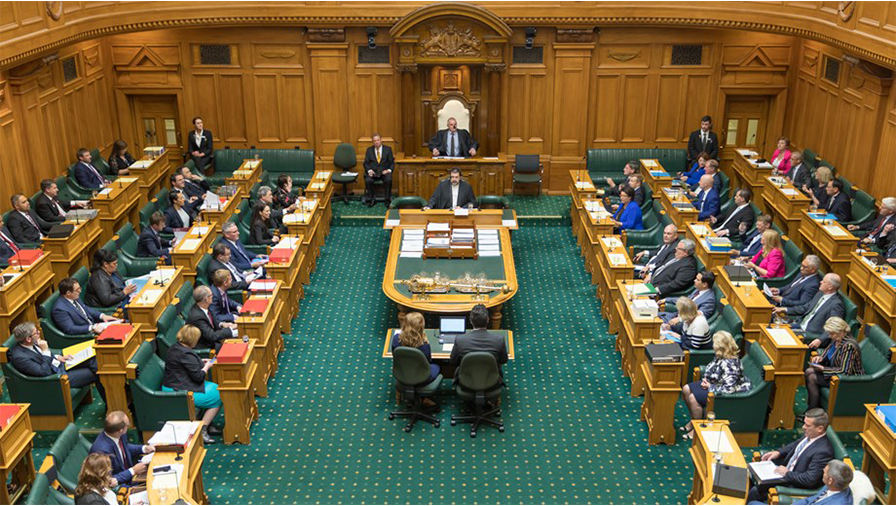Putting the ‘good’ back into Leviathan
Book Review: UK philosopher identifies the forces undermining democracy.
Book Review: UK philosopher identifies the forces undermining democracy.
By one authoritative measure, democracy is in decline if not yet in that much-abused ‘state of crisis’. Freedom House’s latest survey says it is “under siege”, reporting its “defenders sustained heavy new losses in their struggle against authoritarian foes, shifting the international balance in favour of tyranny. Incumbent leaders increasingly used force to crush opponents and settle scores…”
In numbers, 73 countries were rated as being less democratic in 2020, while 28 became more democratic – the biggest decline gap in the democracy index since 2005, when it last showed a positive outcome.
Of course, most of the world has always been in a democratic deficit, just as it is in relative poverty. The two are linked. If societies remain wedded to economies that lack individuals’ rights to property, they will remain poorer than capitalist societies.
The rebellious citizens of Belarus and Myanmar, courageous in their demands for freedom, lack the economic power that prosperous middle classes have wielded throughout modern history.
Even so, the mainly Western countries that adhere to democratic principles have doubts about the health of their systems.
Events prompting these concerns range from the Brexit referendum in the UK, the election of US presidents by a minority rather than majority, and elected leaders using their powers to reduce or eliminate their opponents.
In New Zealand, this back to basics debate has been led by Sir Geoffrey Palmer, recognised worldwide as a constitutional law expert as well as a former political leader. In 2016, he co-authored a book outlining the need for a constitution, a subject extensively covered by NBR at the time.

More recently, the Māori Party and others have advocated a racially based constitution, restoring tribal rangitiratanga, or sovereignty, over Parliament as set out in the Treaty of Waitangi. This is complemented by moves to give equal or superior status to indigenous social and cultural concepts in areas dominated by the Western democratic tradition.
Noted academic
Palmer’s international reputation has been tapped by one of the UK’s leading historians of philosophy and political theory. Professor AC (Anthony Clifford) Grayling, born in Northern Rhodesia (now Zambia), taught at Oxford before heading his own London-based institution, the New College of the Humanities.
He has written or edited some 30 publications, as well as producing seven books of essays. He spoke at the Auckland Writers Festival in 2018 in support of Democracy and its Crisis (2017). In 2019, he produced the encyclopaedic, 700-page The History of Philosophy and, most recently, The Good State, a follow-up to Democracy and its Crisis.
Both reflect his concerns that the Westminster model of parliament, widely imitated throughout the world and in particular by the 50-odd members of the Commonwealth, is broken and needs reform.
His first acknowledgement is to Palmer for his input. That is followed by the claim that the problem with democracy is “as large and widespread as it is serious”.
He then offers a basic definition: “Democracy is about bringing the individuals and minorities … together in relationships that command agreement … [in] … benefits for all.”
This fleshes out the state’s protective role, explained by Thomas Hobbes in Leviathan (1651), a biblical term for an all-powerful monster but often depicted, wrongly, as malevolent and best exemplified by a Russian film of the same name.

Grayling’s preference is for representative democracy that institutionally separates the executive, legislature, and the judiciary, as formulated by the creators of the American Constitution. However, Grayling’s main concern is not with workings of the American political system.
Westminster’s weaknesses
Instead he focuses on the weaknesses of the Westminster model, which he says is being undermined in at least five of six ways in countries that use it. In summary, these are :
These are weighty topics and Grayling gives each due consideration. Most of his concrete suggestions for change arise from ways to combat them.
He is writing in the context of the Brexit referendum – passed by a slim 51.9% majority but representing just 37% of the electorate. He sees referendums as copouts for representative government, even when they are non-binding. He notes British governments have a habit of ignoring them, as is also the case in New Zealand.
Grayling doesn’t mention the most recent examples held here but it is worth noting that one endorsed a law already passed after consideration by Parliament, while the other (on cannabis) was rejected, possibly because it was too prescriptive and not debated by Parliament.
In Grayling’s ideal, this is a satisfactory outcome as a representative legislature is the best place to decide what benefits the country as a whole.

Politics disparaged
He is disparaging of politics, saying it should belong only to election campaigns, and urges the replacement of first-past-the-post with a proportional system. Government is for all the people, he argues, not a specific party or group: “In a good state, government transcends politics.”
In a spectrum of views from “perfectibilism” or progressivism (achieving perfection) and “meliorism” or conservatism (the modest possibility of improving things), Grayling personally tilts towards progressivism.
Every democratic election is essentially a choice that lands somewhere between these two ends. Grayling is acutely aware that democracy must uphold the rights of minority views, fearing they have become the victim of winner-takes-all elections.
This is a pertinent point, given voters during the pandemic rejected a coalition outcome in New Zealand and almost wiped out any opposition in Western Australia.
Grayling favours compulsory voting in the widest definition of eligibility. He wants the age reduced to 16, which hasn’t happened in most places, and approves Palmer’s suggestion (since implemented) that prisoners should also have rights.
On the separation of the legislature and the executive, the biggest disappointment for readers is Grayling’s hesitance to provide practical detail how the executive and the legislature should operate as separate institutions in the Westminster model.
Ministers and lawmakers
He discusses the American and French systems, where a president heads an executive (cabinet) and ministers are not members of the legislature, though they are accountable to it. The advantage is that the executive can call on greater expertise than available from just elected politicians.
He is critical of senates or upper houses where they are unrepresentative, while pointing out if they were it would be duplicating an existing legislature.

In other areas of debate, he favours a codified constitution, as does Palmer, while describing the US one as “fossilised”. By contrast, the UK’s unwritten one (as in New Zealand) is opaque and “labile [unstable] to the point of vacuity”.
He would like politicians to lift their game, and for voters to do likewise, by rejecting ill-informed policies and views. The reward for MPs would be secret ballots that allow them to reject (or favour) laws on their own judgment, and for voters to receive a higher quality of governance.
As a final point, Grayling explores deliberative democracy, touted as an alternative to the representative form. He traces this back to a James Harrington, who in 1656, when the UK had a population of five million, published a tract called Oceana, advocating egalitarian politics through assemblies of property owners.
Such assemblies are reflected in today’s focus groups and have been held in countries as diverse as Ireland, Bulgaria, Brazil, and South Korea. Grayling says these overcome the problems for large countries that democracy can become meaningless to ordinary people.
He thinks this is why democracies thrive best in small countries – the Nordic ones being the most obvious – and that the maximum ideal population is about 10 million.
Grayling does not provide answers for New Zealand. But he raises enough issues that democracy here – faced with a race-based constitutional challenge – must not be undermined through the weaknesses he identifies in the Westminster model.
The Good State: On the Principles of Democracy, by AC Grayling (Oneworld Publications)
Nevil Gibson is a former editor at large for NBR. He has contributed film and book reviews to various publications.
Sign up to get the latest stories and insights delivered to your inbox – free, every day.